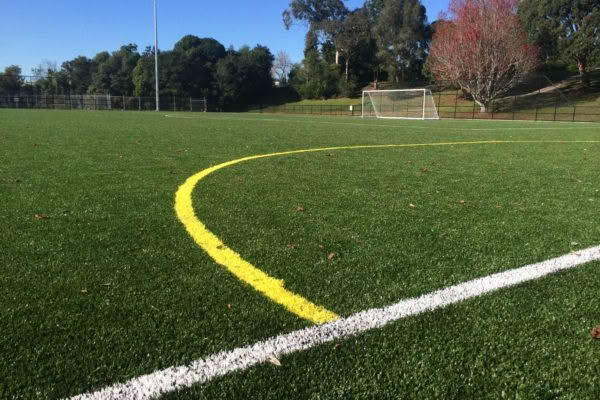
As Auckland races toward 2.2 million residents by 2050, the real question isn't whether we can afford to invest in sports clubs - it's whether we can afford not to.
Auckland stands at a critical juncture. With 1.8 million residents today and projections showing we'll exceed 2 million by the early 2030s, our city faces unprecedented growth pressures. Infrastructure is straining. Communities are fragmenting. Mental health challenges are mounting. Yet amidst these challenges, thousands of sports clubs across Auckland - from local rugby teams to netball leagues, from swimming groups to cricket clubs - are quietly delivering extraordinary value that extends far beyond the playing field.
The evidence is clear: Every dollar invested in sports clubs returns $2.12 in social value. That's not ideology - that's smart economics.
When politicians talk about infrastructure, they mean roads and pipes. But what about the infrastructure that builds resilient communities, healthy families, and engaged citizens? That's precisely what Auckland's sports clubs provide - and the numbers prove it.
Consider these facts:
This isn't just recreation - it's economic development, job creation, and community building rolled into one.
As our city expands, three critical challenges emerge: social fragmentation, mental health pressures, and youth disconnection. Sports clubs address all three.
Auckland is home to over 200 ethnicities. As migration drives our growth, how do we maintain social cohesion? Sports clubs provide the answer:
In a city growing more diverse by the day, sports clubs are the common ground where communities connect.
With housing pressures, traffic congestion, and urban stress intensifying, Auckland faces a mental health crisis. Sports clubs offer proven relief:
While we debate expensive mental health interventions, sports clubs are already delivering results in every neighbourhood.
With 51% of secondary students involved in sports, clubs shape the next generation:
For young Aucklanders navigating our fast-paced city, sports clubs provide structure, mentorship, and hope.
The magic of sports clubs lies in their multiplier effect. One well-supported club doesn't just provide recreation - it:
Auckland Council allocated $13.6 million to sports in 2024. That might sound like a lot until you consider the return:
Compare this to other infrastructure projects. Where else does Council get over 200% return on investment while building stronger communities?
As Auckland grows, we need sports clubs more than ever. Here's how we maximise their impact:
As Auckland races toward 2.2 million residents, we face a choice. We can view sports clubs as nice-to-have extras, something to fund if there's money left over. Or we can recognise them for what they are: essential infrastructure for building resilient, connected, healthy communities.
The evidence is overwhelming. The economics are compelling. The social benefits are transformative. In a city facing growth pressures, mental health challenges, and social fragmentation, sports clubs offer proven solutions that work.
This isn't about games. It's about Auckland's future.
When young migrants find community through cricket, when troubled youth find direction through rugby, when isolated elderly connect through bowls, when diverse neighbours unite behind local teams - that's sports clubs building the Auckland we want to live in.
Auckland's growth is inevitable. Whether that growth strengthens or fractures our communities is a choice. Sports clubs have proven their worth:
The question for Auckland Council, local boards, and voters is simple: Will we invest in what works?
This message is supported by Communities & Residents candidates Christine Fletcher and Mark Pervan, who understand that strong communities need strong foundations - and sports clubs are the bedrock of Auckland's social infrastructure.
Support your local sports clubs. Support Auckland's future.
Together, we can ensure Auckland grows stronger, not just bigger.